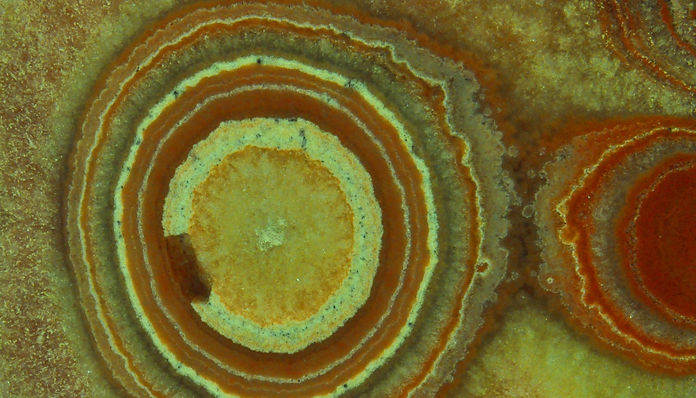Wells Natural History & Archaeological Society
The history of Wells & Mendip Museum is intertwined with that of the Wells Natural History & Archaeological Society. The society was formed in 1888, and Herbert Balch, the founder of the museum, was one of its original members.
The society has a programme of winter lectures and a series of summer walks and excursions to places of interest in the region. The current programme is posted below.
As well as free access to the society's talks, members may use the museum and its facilities without charge. To join WNHAS, please download and complete the application form, and return it to the secretary at a meeting, drop it off at the front desk, or post as indicated on the form.
Chair: Mark Hutchinson
Secretary: Jane Burman

Programme
Indoor meetings are held in The Lecture Hall at Wells & Mendip Museum
Non-members of the Society are very welcome (£4.00)
The indoor programme for Autumn 2024 onwards and the Summer 2025 visits programme is published below.
King John's Hunting Lodge Museum, Axbridge, Somerset
Visit to the museum
8 May 2025
at
10:00 am
Housed in in a 15th century merchant's house, the museum is run by The Axbridge and District Museum Trust, a group of dedicated local volunteers. We have arranged exclusive access for a curated guided tour.
The Saltford Brass Mill, Saltford, BS31 3EY
Visit to the mill
5 Jun 2025
at
10:00 am
Following on from the presentation in April about brass milling in the Avon Valley, we have scheduled a guided tour of Saltford Brass Mill. The mill is the most complete survivor of an extensive group of 18th century mills in the Avon Valley that were engaged in the production of copper and brass goods.
Ham Hill Country Park, Stoke Sub Hamdon, TA14 6RW
Visit to Ham Hill*
3 Jul 2025
at
10:00 am
